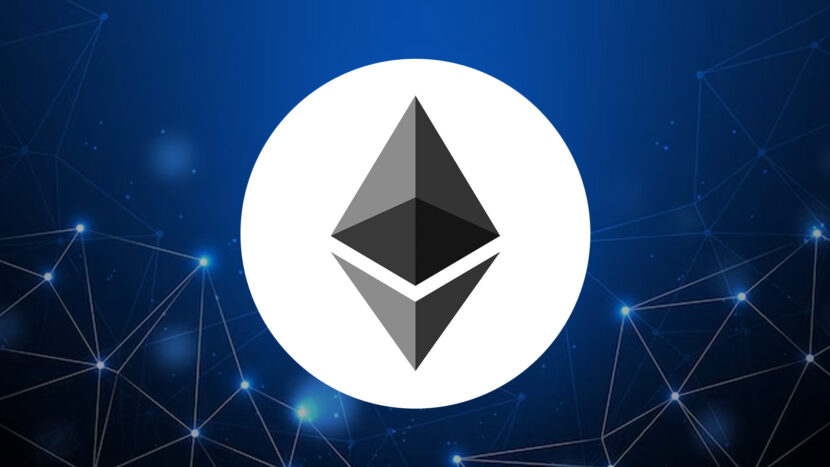- Both Algorand and Ethereum are account-based blockchains that leverage Smart Contracts’ functionalities.
- On Ethereum, smart contracts represent accountability while ALGO defines smart contracts and accountability as two different objects.
Both Ethereum and Algorand blockchain networks have witnessed significant growth and innovation since the inception of Bitcoin. Ethereum network was launched in the year 2015 as a significant milestone. This blockchain not only amplified its profit but also enabled the creation of decentralized applications (dApps) and pivotal concepts like Smart Contracts. However, with the advancement of Web3, new blockchain platforms like Algorand were introduced that offered various innovative solutions and grew in contrast to Ethereum.
Key Differences of Both Platforms
Consensus Mechanisms
Ethereum uses a proof-of-work (PoW) consensus mechanism similar to other energy-intensive protocols like Bitcoin. Although it offers an effective mining solution, it still faces criticism because of its high energy consumption, scalability, and environmental impact because of PoW’s high carbon footprints. Meanwhile, Algorand offered a proof-of-stake (PoS) consensus and became an energy-efficient network with faster transaction finality. It defines consensus as one of the significant differences between these blockchains.
Scalability
Scalability is a pivotal concern in the world of decentralized ecosystems. The Ethereum network has always been challenged with high gas fees and network congestion, which put a hurdle in scalability. On the other hand, Algorand is developed with high throughput to enable thousands of transactions per second (TPS). This feature makes ALGO one of the best choices. It is more suitable in terms of handling a wide spectrum of applications whether it’s gaming or finance.
Security
Both ETH and ALGO prioritize privacy, but Algorand has developed some unique traits. Its cryptographic sorting process selects random users to validate blocks to enhance security by eliminating centralized features and making them less prone to attacks. Ethereum on the other hand, has faced some critical issues, like the Decentralized Autonomous Organization (DAO) hack, which resulted in a contentious hard fork.
Smart Contracts
Smart contract is one of the crucial components of the blockchain protocols. Ethereum network pioneered this concept and hosted a wide range of dApps and decentralized finance (DeFi). Meanwhile, Algorand also supports smart contracts as it launched Algorand Smart Contracts (ASC1) to enhance efficiency and develop a user-intuitive interface.
Interoperability
Algorand blockchain has a strong impact on cross-chain interoperability that disrupted traditional finance systems. It helps to develop cross-chain functionalities and encourages wider adoption of blockchain technology. Ethereum in contrast, has been working on cross-chain compatibility with its upgraded versions like Ethereum 2.0.
Token Standards
Ethereum’s ERC-20 standard led to the creation of thousands of crypto tokens and facilitated its wider adoption. Algorand also has Algorand Standard Asset (ASA) that enables similar tokenization abilities. It is developed to be more user-friendly. ERC-20 token standards lead this race by facilitating thousands of crypto assets while Algorand is still trying to move further with its various upgrades and token standards.
Conclusion
The Emergence of decentralized networks led to the creation of various blockchain technologies. Algorand and Ethereum both have their unique specialties, traits, pros, and cons. Ethereum, the second largest blockchain platform has dominated the crypto space with several technologies. The creation of non-fungible tokens while serving as an underlying development protocol for a broadened landscape made it a better choice. Still, Algorand is expected to break the traditional barriers by offering an efficient, low-energy-intensive protocol, and a secured ecosystem.





